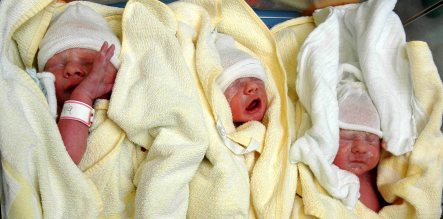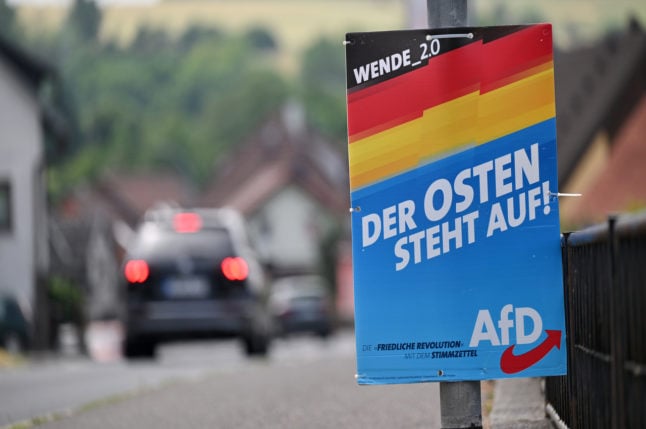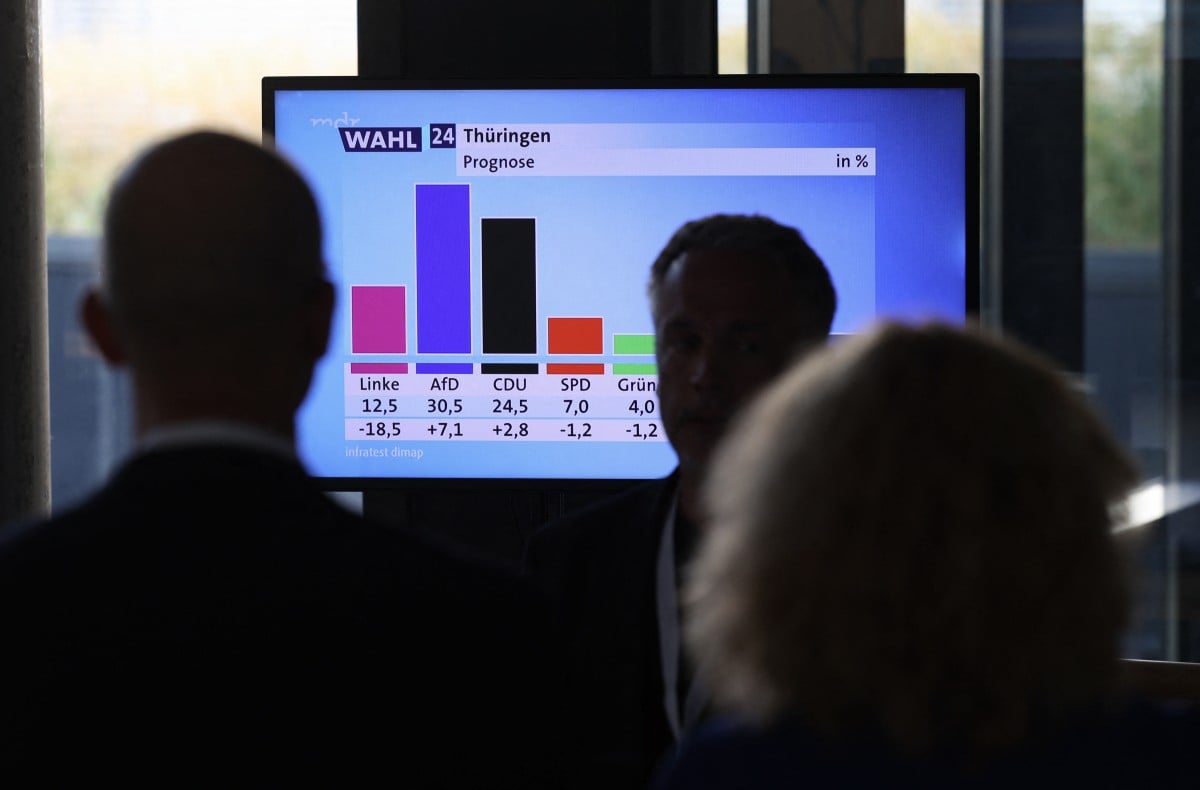The average number of children per German woman rose from 1.33 in 2006 to 1.37 in 2007, according to government statistics. The total German fertility rate in 2007 was higher than in any year since 2000, when it stood at 1.38 children per woman.
Some 685,000 children were born in Germany last year, up about 12,000 from 2006.
German family minister Ursula von der Leyen, herself a mother of seven children, called the increase a leap of faith on the part of parents.
“Federal, regional and local governments must work hand in hand with business to ensure young parents have a true chance to combine their family and work lives – if they are forced to ask themselves the question ‘career or children?’ as has been necessary in the past, family often falls by the wayside,” von der Leyen said in a statement.
“An increase in the availability of daycare and government payments for parents and children – which should be increased – create a better framework for families.”
Under von der Leyen, Germany changed its laws to allow up to 14 months of partial salary repayments for parents who take time off to care for their babies. The new law went into effect on Jan. 1, 2007 and allows up to 12 months of leave for a primary caregiver – mother or father – and two months or more for the secondary caregiver.
While births to younger women continued to decline in 2007, government data show an increase in births for women in their late 20s and older – and especially among women between the ages of 33 and 37.
“This shows the perspective is improving for mid-career women,” von der Leyen said.
The most dramatic increase in the fertility rate came in the states of formerly Communist eastern Germany, where births per woman rose from 1.30 in 2006 to 1.37 last year. Births in the east dropped significantly after German reunification in 1990, when the fertility rate there stood at 1.52 children per woman.




 Please whitelist us to continue reading.
Please whitelist us to continue reading.